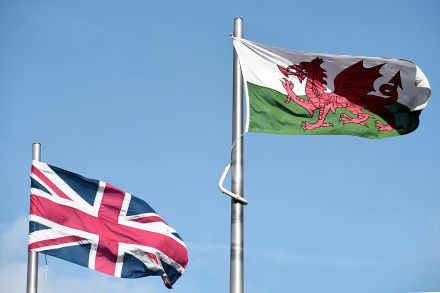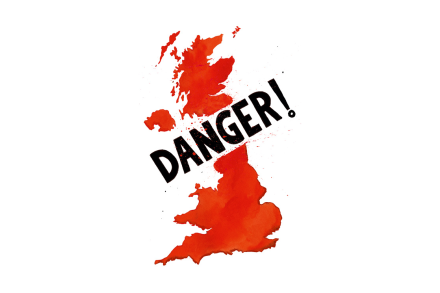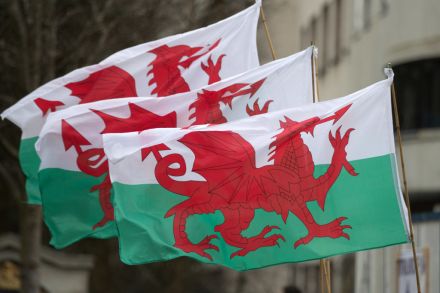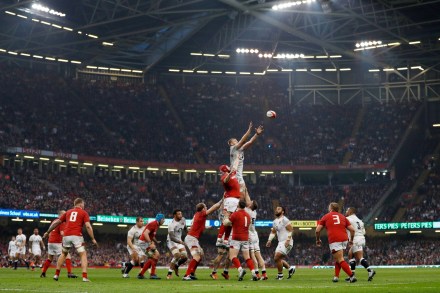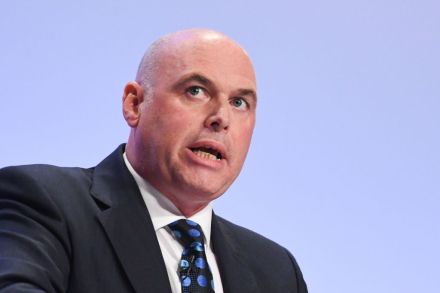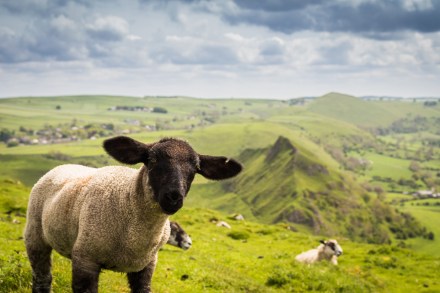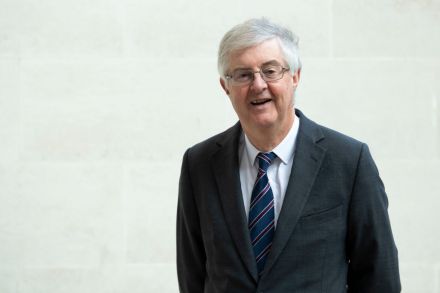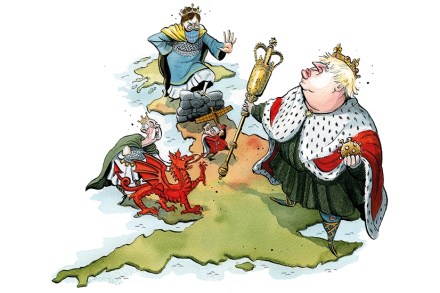Number 10 should fear a Welsh nationalist coalition
As Disraeli’s famous maxim goes: England does not love coalitions. In Wales, by contrast, we can’t get enough of them. Throughout the devolved era deal-making has created and sustained governments, including the current Labour-led administration – backed by the sole remaining Senedd member for the Liberal Democrats, Kirsty Williams, and the independent statesman Lord Elis-Thomas. After the votes are counted in next month’s Welsh election, history looks likely to repeat itself. A slurry of recent opinion polls project various outcomes on May 7 but none suggest an outright majority for any party. The latest Welsh Political Barometer, the most tested poll for identifying long-term trends in Wales, now suggests that




